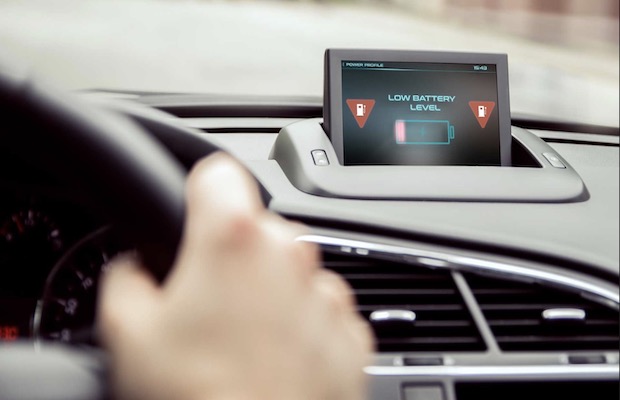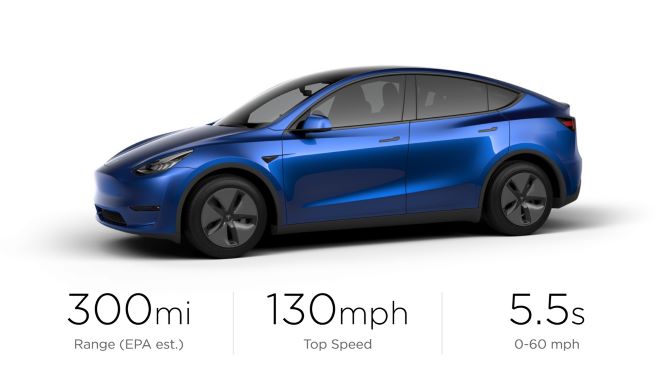

The electric mobility transition has slowly but steadily taken precedence around the world, more strongly in developed countries where we are witnessing mass adoption of such vehicles. Vehicles that we know are better for us and our environment. However, a big challenge for the mass adoption of these vehicles, which should’ve perhaps been an instant success thanks to rapidly deteriorating air and environment around us, has been range anxiety amongst the buyers.
How long will the battery last? An important question, that when answered can unlock the floodgates on EV sales.
Why is range anxiety such a big issue in India? Or is it simply an obvious issue across the world. the good news is, range anxiety, or the fear that your battery-powered electric vehicle will die out midway, is a common challenge across the world. But it’s a challenge that has been surmounted, in large part through steps both common sense and intuitive.


Take for example the biggest success story in the sector, Tesla. The firm which once struggled to meet its monthly delivery targets, and is now outselling all other vehicles in the United States. This was achieved with a huge investment in Infrastructure to develop charging stations across the country to ensure that no customer is ever left stranded in the middle of the road with their batteries empty and secondly by developing batteries that are guaranteed to last over 250 miles on a single charge. When a rider gets in a car with a 250-mile range guaranteed, and a charger network made to support those cars the anxiety is cured, and joy seeps in realising all the savings and tax benefits.
[related_post]
Now in other parts of the world, the consumers are equally motivated to respond to Climate Change and are further encouraged to purchase an EV due to incentives that are available, however, range anxiety keeps some from buying an EV. Without a guarantee they can easily recharge their vehicle, the risk is too great for the cost of the vehicle. Recent research has revealed that the consumer’s decision to buy an EV is tied directly to the availability of recharging stations. Thus, the biggest inhibitor to buying a EV is the limited driving range before a charge is needed.
Research has shown that range anxiety felt in any locality can be correlated to about half the driving range. The owner of a regular internal combustion engine (ICE) vehicle, that has a 300-mile range, is willing to travel about 150 miles from a known refill point while an EV with a 100-mile range will not be driven more than 50 miles from an available recharging point. The anxiety might be lessened knowing a charging station exists, but the concern is valid and will continue to affect a driver’s decisions concerning when and where to drive an EV. The driving range perception also involves not only the actual range but the perceived range, and both contribute to range anxiety and affect sales.
In India, a primary factor thoroughly investigated before buying an ICE vehicle is the mileage. How many kilometres to the litre? And it’s a valid and important question with petrol and diesel prices now above a dollar per litre. This critical factor in consideration before buying an ICE vehicle multiplied by the concerns over a severely lacking charging infrastructure for EVs in the country results in the range anxiety, that perhaps is too much for the average buyer (right now) to invest in an Electric Vehicle.
Now, the government has actively taken up the initiative for the transition to e-mobility and is implementing policies and changes that are designed to foster the growth of the segment. The second phase of the Faster Adoption and Manufacturing of Electric Vehicles (FAME-II) being approved with an outlay of over Rs 10,000 crores. To state governments following up the centre by issuing EV policies that guarantee incentives to the buyers and manufacturers.
But, as long as the implementation along the chain doesn’t keep up with these ambitious decisions and targets set by the governments, the mass adoption of these vehicles will face all the hurdles, and specifically its biggest hurdle of range anxiety. Electric vehicle sales reached 7.5 lakh units in Financial Year (FY) 2018-19, as it has registered a growth of record 31.8 percent. However a majority of these sales have been from the sale of electric scooters and rickshaws, but when it comes to four-wheelers, the number is in thousands. To add to this, a Society of Manufacturers of Electric Vehicles (SMEV) analysis reveals that post implementation of the FAME II scheme there has been a drastic decline in the sales of electric vehicles for the month of April of current financial year due to lack of incentives for private EVs.
How to tackle this hurdle of range anxiety?
Range concerns were demonstrated through a poll by the Union of Concerned Scientists which identified that the number one concern with purchasing EV’s was the range and the second the ability to charge. The two issues are intertwined in the simple questions of, “Do I have enough charge to get there and do I have enough charge to get back?” A survey found that 71.7% of the respondents were more inclined to purchase a Plug-in Hybrid EV if charging stations were located at either their place of work or their trip destination.
To recharging, not only is the availability of charging stations critical but the types of chargers at the stations must match that required for the vehicle. To increase the use of EV’s, the number, location, and types of chargers need to grow together to increase charger availability.
To further address range issues, the following steps are being (should be) undertaken:
1. Electric Vehicles are being improved through battery energy density and technology,
2. EV drivers adopting energy efficient driving practices,
3. A network of fast chargers along main driving routes or interstates, to enable long-distance EV capability,
4. Enabling cars to have swappable batteries, which can be charged through any outlets. This will enable a driver to charge multiple batteries, and then use the surplus batteries as essentially power banks but for their cars.
5. Policy initiatives like lowering the GST on vehicles, and EV chargers, not requiring a license to open a public charging station, building laws making it mandatory for apartments to have dedicated charging spots and more.
For India, as we’re witnessing the need of the hour is to establish a network that can support its target share of almost a third of all vehicles in the country to be powered by batteries. We have seen countless tenders being issued by NTPC, ITI limited, RITES and even more government and private corporations for setting up of charging stations and the FAME scheme targeting 2700 charging stations in the next 3 years, but how many electric charging stations have you actually seen?
The transition is in process, the right initiatives are being taken but like Tesla and electric vehicles in the US, India will also have to go through the stage of development. Where it must develop infrastructure while accounting for the future and not the present.
India’s ethanol initiative has helped India save Rs. 1,26,210 crore in foreign exchange by reducing…
Noida-based green energy leader NexGen Energia Ltd has secured a $1 billion equity investment commitment…
As Odisha takes firm steps toward a just transition from fossil fuels to renewable energy,…
Bio-Integrated cladding for greener cities, an innovative solution by a 29-year-old Indian architect, has won…
In a novel move, Farmwatt Innovation has launched a long-term training and capacity-building initiative focused…
State owned Bharat Petroleum Corporation Ltd (BPCL) has joined hands with GPS Renewables Pvt Ltd…